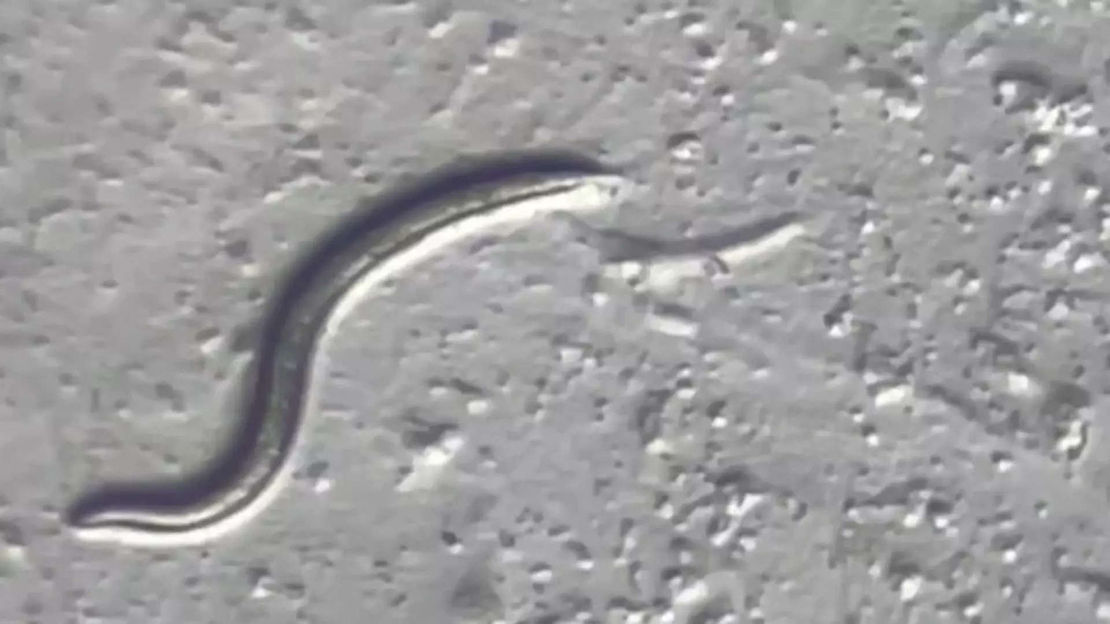By: Emily Ao
Thanks to the modern technology of radiocarbon dating, scientists have been confirmed that a tiny species of roundworms froze in Siberian permafrost between 45,839 and 47,769 years ago.
Researchers discovered that the roundworms had gone into a state called cryptobiosis, which is kind of like hibernation in bears. Cryptobiosis allowed the worms to survive extreme conditions, including the freezing temperatures of the Siberian permafrost.
Teymura Kurzchalia, a professor involved with the study, says that no nematodes have been known to survive for as long as these roundworms. After more observation, scientists were able to identify that the worms needed a particular form of sugar to survive in the permafrost.
With the discovery of the thawed worms, scientists were led to think about what else lies deep inside the permafrost of Siberia. Ice has been known to contain wondrous specimens, along with dangers like ancient viruses. What would happen if the ice thawed and unleashed venomous organisms and deadly viruses?
Kurzchalia says it is possible that this could happen, although the likelihood isn’t very high. Permafrost research is conducted in secure labs, which prevents dangerous substances from traveling far. However, Kurzchalia also says that if the permafrost were to thaw on its own due to global warming, such containment would be near-impossible. That likely won’t happen in the next few years, though. Thawing viruses shouldn’t be one of our biggest concerns, yet.
Source(s):
https://www.nytimes.com/2023/07/29/science/roundworm-nematodes-siberia-permafrost.html











